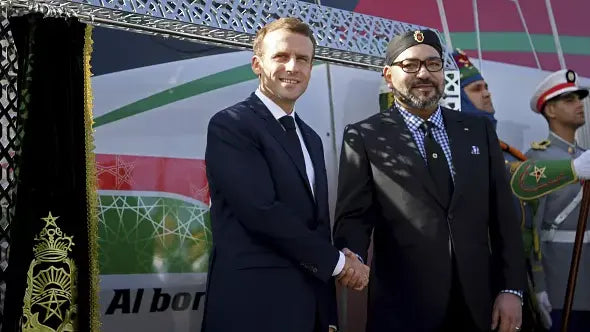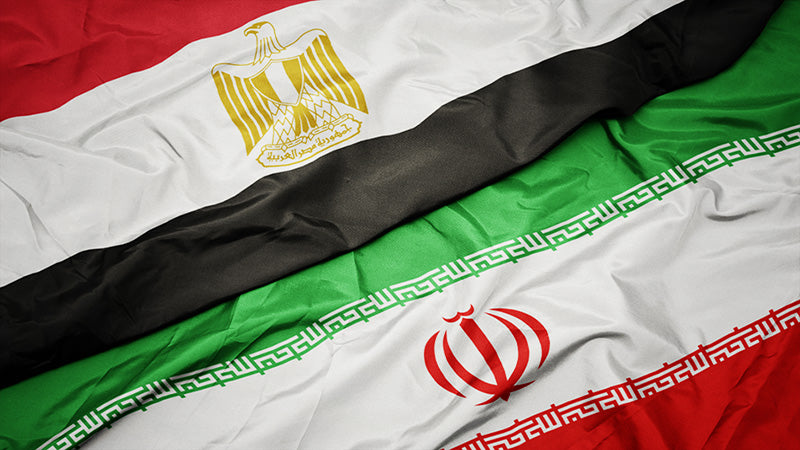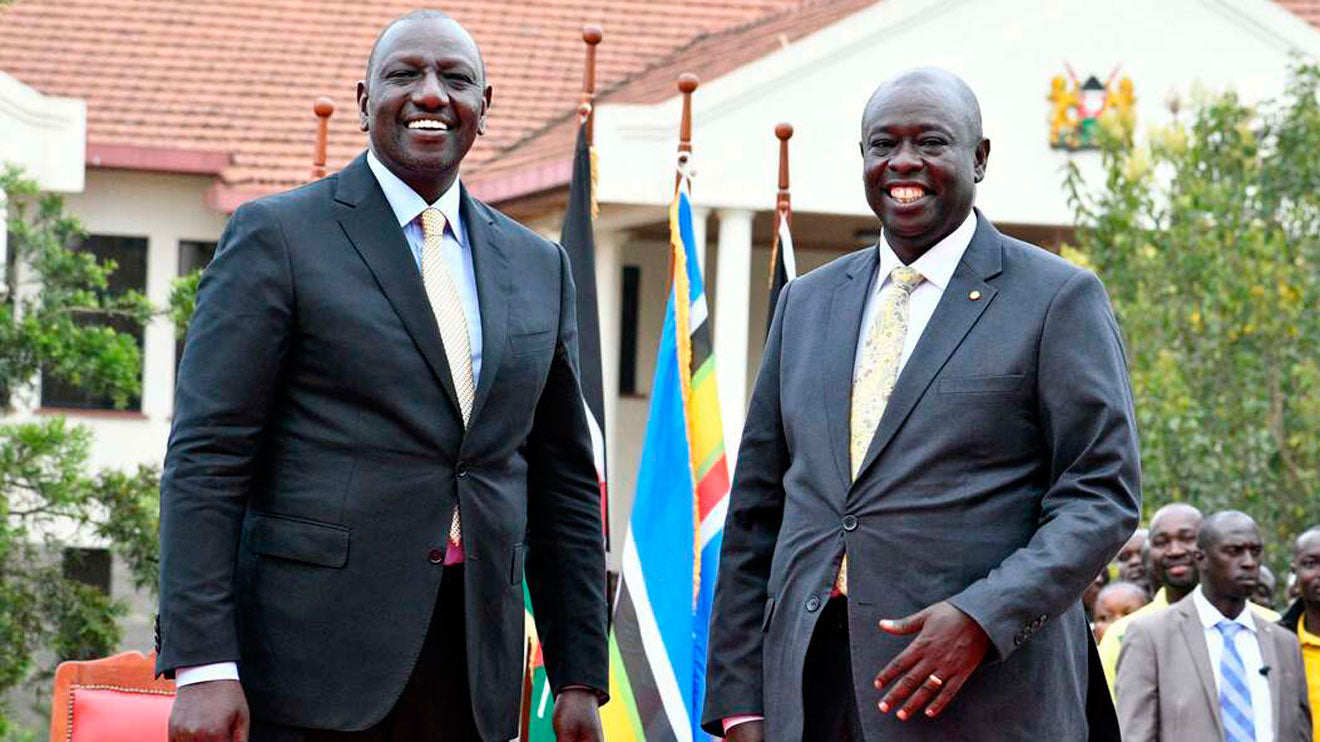
Macron in Morocco: seduction operation or simple diplomatic warming-up?
After three long years of icy tensions between Rabat and Paris, Emmanuel Macron is preparing to take a symbolic step: an official visit to Morocco. In a context where relations between France and its former African colonies are under high tension, this trip appears to be both a necessary political act and a delicate test. But what should we really expect from it? Is it the beginning of a sincere reconciliation or simply a facade maneuver to regain some lost ground in the Maghreb diplomatic game?
Three years of freezing cold
It was three years ago. France and Morocco, historical partners with relations described as "privileged", saw their exchanges deteriorate to a critical point. The last straw was France's decision to drastically reduce the visas granted to Moroccans, a choice that was experienced as a real humiliation in Rabat. Officially, Paris justified this hardening by the reluctance of the Moroccan authorities to take back their nationals in an irregular situation. An argument that many saw as a facade to mask a growing disinterest of France towards its Maghreb partners. This freezing of relations was not only felt in the corridors of the chancelleries, but also among the populations of the two countries, who watched helplessly as this deterioration took place.
Macron's visit to Morocco therefore marks the end of this long diplomatic winter, but the wounds are far from being healed. For Rabat, this invitation is an act of sovereignty assumed, while the Moroccan monarchy continues to strengthen its relations with other powers such as the United States, China and even Israel. Mohammed VI's Morocco is no longer the country totally aligned with French positions. And Paris has learned this to its cost.
A visit under pressure
Emmanuel Macron, in deciding to go to Rabat, is walking on eggshells. France, increasingly criticized for its paternalistic attitude towards its former protectorates, must now redefine its alliances and adjust its diplomatic posture. Macron is therefore arriving in a Morocco where France is no longer the only influential player. The Cherifian kingdom has, over the years, freed itself from the old post-colonial patterns, clearly displaying its intention to diversify its partnerships.
In terms of security, for example, relations between Morocco and the United States are now in good shape, with enhanced cooperation in the fight against terrorism and regional defense. On the economic front, China continues to invest massively in Moroccan infrastructure, and Israel, with which Rabat normalized relations in 2020, has seen its trade with the kingdom explode. Meanwhile, Paris, once unbeatable in these sectors, is watching its influence melt like snow in the sun.
Macron therefore arrives with the almost impossible mission of relaunching a bilateral dynamic, without giving the impression that France is seeking to impose its conditions. Morocco, strong in its new alliances, does not need France as it used to. It is in this context that this diplomatic visit will be played out. Will Macron be able to reposition himself in a region where France is struggling to maintain its leadership?
Hot files on the table
Beyond the smiles and official handshakes, several sensitive issues are waiting to be addressed. First, the question of Western Sahara, a real point of friction between Morocco and Algeria, two rival neighbors. Rabat expects Paris to take a clearer and firmer position on this issue, with explicit support for its autonomy plan for the region. While France has, until now, discreetly supported Moroccan aspirations, it nevertheless remains cautious, avoiding offending Algiers. A difficult balance to maintain, especially at a time when relations between Paris and Algiers are also at their lowest.
Then, the migration issue. Morocco plays a key role in controlling migratory flows towards Europe, a responsibility that Rabat does not hesitate to use as leverage. France, caught between internal security imperatives and international commitments, will have to navigate this issue skillfully. The return to a more flexible visa policy will undoubtedly be one of the major points of this visit, but Macron still needs to find the right tone to convince.
Finally, on the economic front, there is the issue of French investments in Morocco. While French companies remain among the leaders in terms of presence and investments, they must now deal with increasingly fierce competition. Macron could try to relaunch certain joint projects, particularly in the renewable energy and agriculture sectors, two areas where Morocco has ambitions as a regional leader.
Macron, still credible in the Maghreb?
This visit to Morocco is not only a diplomatic trip, it is also a test of France's credibility in the Maghreb. While Macron is struggling to maintain a solid presence in sub-Saharan Africa, particularly after the bitter failures in Mali and Niger, the Maghreb appears to be one of the last bastions where Paris can still hope to play an important role. But the question remains: will this trip mark a real turning point in Franco-Moroccan relations, or will it be just another episode in an increasingly complex saga between France and its partners in the South?
Nothing is less certain. In this power game where every gesture counts, Emmanuel Macron has every interest in being extra careful, otherwise Morocco, like others before it, will drift further away from the French fold. Will the French president succeed in convincing Mohammed VI and regaining the trust of the Moroccan people? Or will we witness yet another missed opportunity, in a relationship that no longer has anything romantic about it?



Leave a comment
This site is protected by hCaptcha and the hCaptcha Privacy Policy and Terms of Service apply.